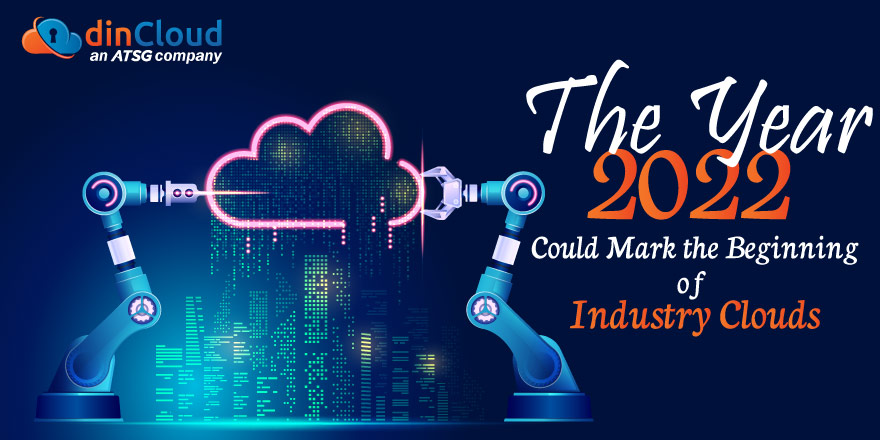Over the years in general, and the past couple years in particular, the public cloud has established itself as a strong value proposition. However, technology is a constantly evolving domain, and cloud services are no exception to this rule.
During the initial days of the public cloud, enterprises went for rapid adoption to cater for their general computing needs. Now, we are witnessing a notable shift in this trend, as enterprises turn to the Cloud for much more specific, granular level needs.

Complex and Heavily Regulated Industries
Organizations that operate in heavily regulated industries tend to have complex and specific priorities. Some examples of such industries include healthcare, finance, retail, manufacturing and insurance etc.
Not only are the operations of such industries relatively complex, but their regulatory and compliance standards also vary a lot. So, this negates the concept of “one size fits all” cloud services and solutions.
Some experts in the Cloud Computing industry, such as the CEO of hybrid cloud software company Virtana, sees this recent demand for Industry Clouds as the next step towards the evolution and maturity of public clouds.
Integration with Enterprise Applications
Another reason fuelling the growth of industry clouds is their much superior integration with industry specific software and applications. This is enabling enterprises to achieve much improved operational efficiency, in addition to the associated costs savings.
The most recent, and notable example of such an integration is the partnership between Microsoft and SAP. In this arrangement, the latter will be providing supply chain solutions to enterprises through Microsoft Cloud, specifically for manufacturing.
Industry Clouds – An Extension of Hybrid and Multi Clouds
According to a recent study conducted by the Enterprise Cloud Index, an overwhelming 86% of the respondent organizations cited a hybrid cloud as their ideal operating model. It comes as little surprise that most view industry clouds as an extension of the hybrid cloud.
The era of the industry cloud will commence with a partnership between the well established Cloud Service Providers (CSP) and specialist organizations with a deep understanding of the operational elements of different industries.
Industry clouds not only stand to improve operational efficiencies, but will also improve the overall regulatory compliance posture of organizations adopting them. The CSP will be acting mainly on the inputs received from the relevant industry expert.
The industry experts, on the other hand, will be able to tap into the vast customer base that leading Cloud Service Providers (CSP) already have. It is for these very reasons that industry clouds stand to emerge as a wining proposition for all the stakeholders involved.
Industry Clouds – A Growth Proposition
By combining the power of the public cloud and the in-depth industry specific knowledge of organizations, deploying enterprises will be able to achieve much better efficiencies. This means more time, effort and resources get freed up for innovation as well as growth.
Conclusion
Industry Cloud is right now a “work in progress”, but one that has a lot of potential in the near future. Leading Cloud Service Providers (CSP) will need to better align their cloud offerings with the specific needs of industries they want to serve.
Whether you want to pursue a full on cloud strategy, or a hybrid cloud approach, dinCloud has a wide array of cloud services and solutions for you to choose from.
Take our cloud services for a Test Drive with our 14 Days Free Trial!


